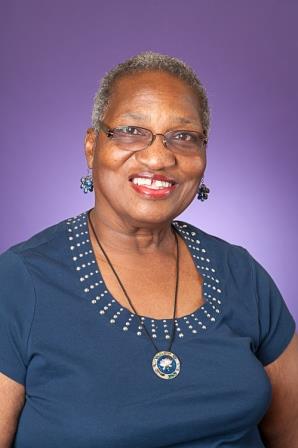|
How did I feel?
Everything has changed since my initial experience with Gamestar Mechanic. First, I feel a little more confident as I moved through the quests. But since I am not a seasoned gamer each level was a real contest for me in many ways. Becoming familiar with how to play each quests and learning new skills as I moved forward gave me insight on how games can progress and teach. It was a challenge but I have learned to embrace it and not let it intimidate me. After spending a lot of time trying to move through the quests I decided to look up some information on older adults who have gaming experiences. What did I learn? Because I have never played very many video games, not even ones on my smart phone, this gaming experience was similar to a babe learning through small baby steps. Each challenge taught me a new usable skill that I could see helping me to conquer learning how to game. Once I stopped fighting with myself and just relaxed the process was most rewarding and enjoyable. My determination now is to find the game that will motivate me to spend many hours learning to maneuver through the varied skill levels. I realized it’s about the journey not the conquest. So that’s what I did. I tried to learn the new skills that were being taught and tried to figure out how they would benefit me later in some other game. I found out so much information as it related to young learners I decided to see what gaming could do for older learners over the age of 60. I found a Pandora’s Box of information on research studies conducted on older learners. The first article I came across was titled “Video games for elderly people: keep your brain young.” Which was a simple blog about the effects of gaming on helping older senior citizens increase their cognitive skills. The second dealt with the benefits of gaming on older minds called “Games keep you young.” The third was a study done by Jung, et al (Jung, Li, Janissa, Gladys, & Lee, 2009) where their research dealt with the effects of Wii games on older individuals perceptual and cognitive abilities. I read about five different articles that I have listed in my references below and they all helped to convince me that this is definitely something I want to learn and learn well for my own well-being. (Clark, Lanphear, & Riddick, 1987), (Drew & Waters, 1986) (McFadden, Whitman, & Connor, 2016) (Soong, 2018) References Clark, J. E., Lanphear, A. K., & Riddick, C. C. (1987). The effects of videograme playing on the response selection processing of elderly adults. Journal of Gerontology, 82-85. Drew, B., & Waters, J. (1986). Video games: Utilization of a noval strategy to improve perceptual motor skills and cognitive functioning in the non-institutionalized elderly. Cognitive Rehabilitation, 26-31. Jung, Y., Li, K., Janissa, N. S., Gladys, W. L., & Lee, K. M. (2009). Games for a better life: Effects of playing Wii games on the well-being of seniors in a long-term care facility. Proceedings of the Sixth Australasian Conference on Interactive Entertainment. Sydney, Australia: ACM Digital Library. McFadden, C., Whitman, J., & Connor, T. (2016, February 17). Can brain games keep aging minds young? There's an app for that, says scientists. Retrieved from Today: https://www.today.com/health/can-brain-games-keep-aging-minds-young-there-s-app-t73811 Soong, J. (2018, September 5). Are video games the new fountain of youth? Retrieved from WebMD: https://www.webmd.com/healthy-aging/features/games-to-keep-you-young#1
0 Comments
Leave a Reply. |
AuthorNona M. Batiste is a forty-year experienced public school teacher who has taught in both New Orleans Public Schools and Dallas Independent School District. She holds a B.S. in Education from Southern University of Baton Rouge, LA and a Master of Science Teaching (MST) from Loyola University of New Orleans, LA. Ms. Batiste has taught Environmental Science and General Science to middle school and high school students. She has been active in both school districts as a master teacher and workshop presenter. Archives
October 2018
Categories |

 RSS Feed
RSS Feed
